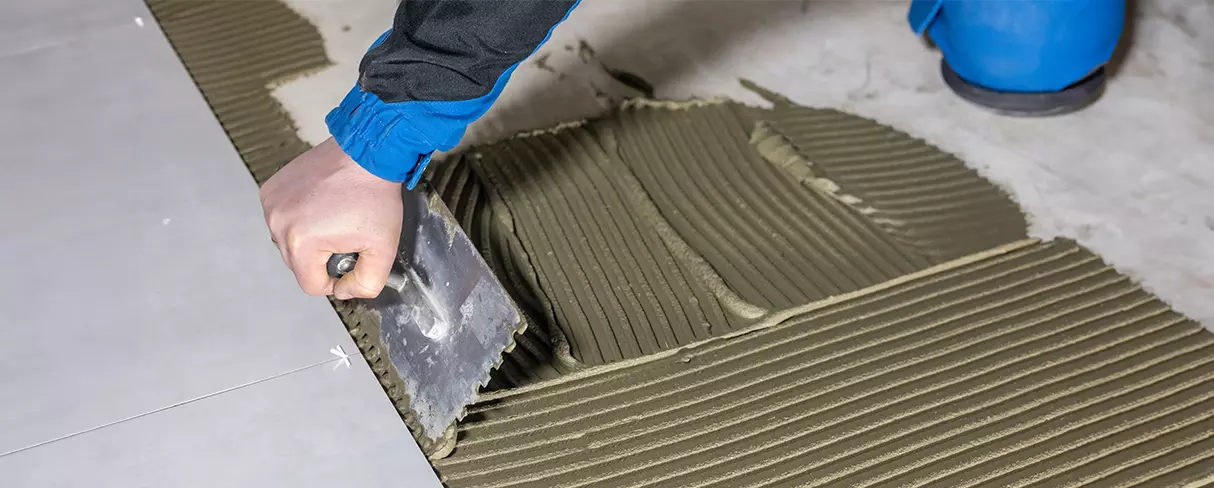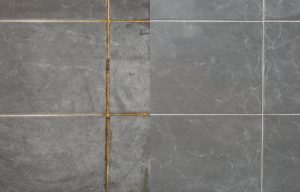
Menu
Edit
ADDRESS
Pidilite Industries Ltd,
Ramkrishna Mandir Road,
P.O. Box No. 17411,
Andheri (East) Mumbai – 400059
Check out the biggest trends of the season and our expert take on them.
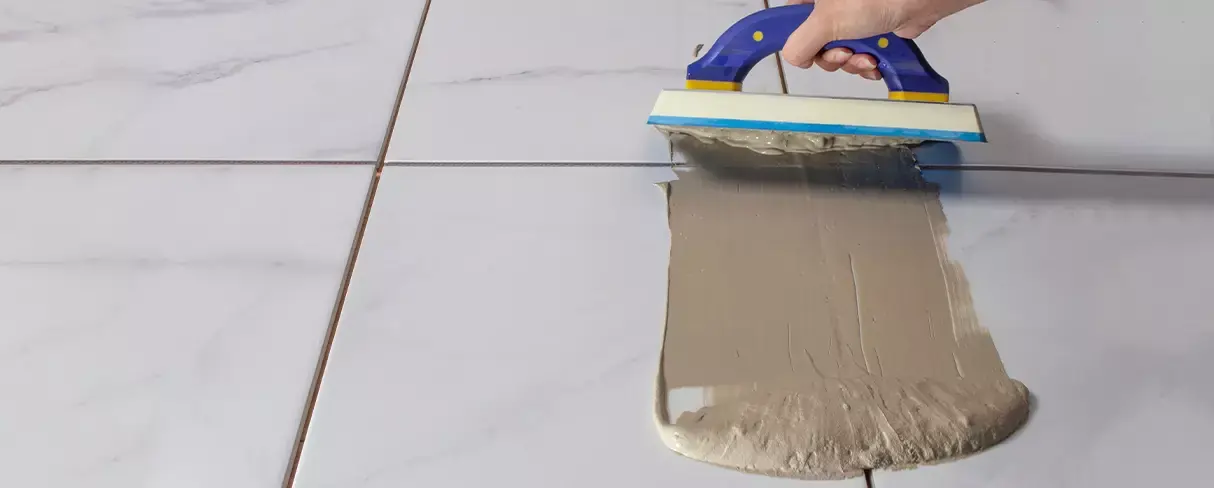
Grouting is one of the most important construction processes in modern architecture. A tile joint filling has become an integral part of almost every marble-paved surface and tiling application. It is commonly utilised in bathrooms, kitchens, and other marble areas in any home. It not only improves the quality of construction but also adds value to a structure. As a result, selecting joint fillers from a reputable and high-quality brand enhances the structure where it is properly installed and preserved. In this post, we will look in depth at joint filling.
Right from cement-based tile joint filler to waterproof tile joint filler, there are several options available in the market. Let’s check them out:
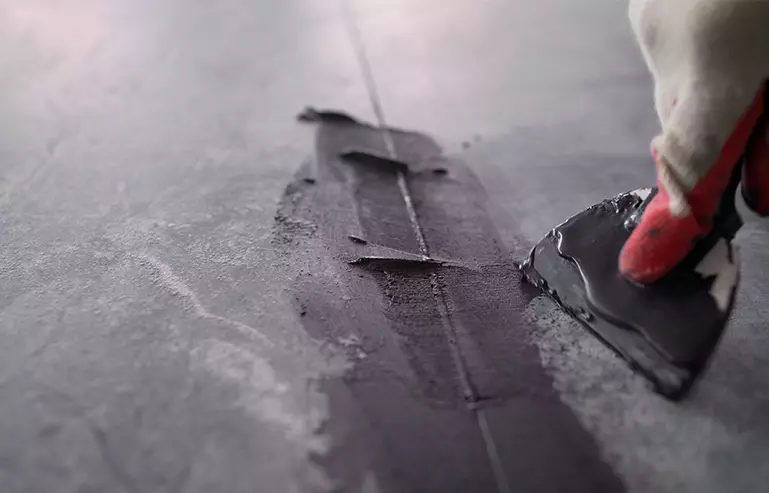
Cement grout is an economical option, and haze over the tiles. Spilled lumps may be cleaned easily, even after it has been applied for a long time. The appearance of cement-based tile joint filler does not fade with time, if maintained well. Cement-based grout products, on the other hand, are porous in nature. The difficulty is that the pores allow dust and other outside materials to enter the grout and become embedded. This causes discolouration and even permits mould and mildew to attach themselves to the grout, changing the colour over time. The usage of tile and stone grout cleaners on a regular basis might help to increase the life and durability of the grout.
A latex polymer additive is added to the cement-based tile joint grout in the dry mix or while mixing the grout with water. This additive enhances the overall performance, water and stain-resistant properties, and durability of the grouts. It not just effectively fills the spaces but also helps to fill wider joints when added to cement-based joint tile grout. These grouting products are suitable for natural stones, fully vitrified, vitrified, and porcelain tiles.
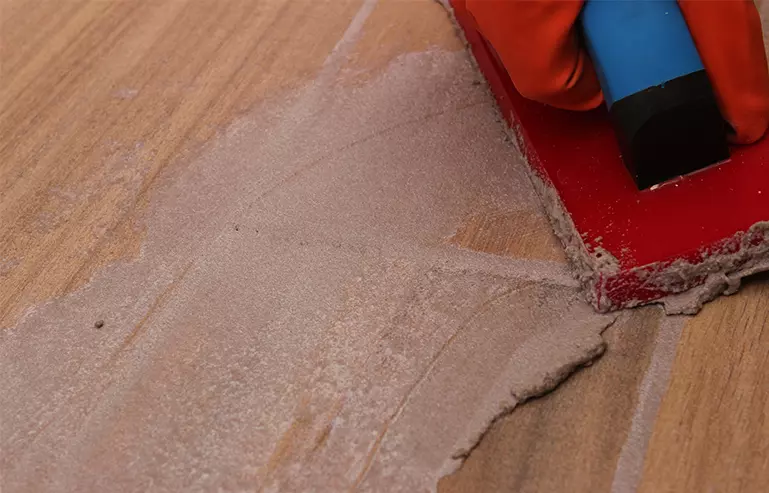
Epoxy grout is an epoxy-based waterproof tile joint filler (resin, hardener, and filler) that has become the industry standard for tile joint grouting. In the mixing procedure, neither Portland cement nor water is used. A hardener, colours, epoxy resin, and silica fillers are included. Epoxy Grout’s real strengths are its water resistance property, durability, and chemical resistance. Besides, it has just double the strength and chemical resistance that can withstand even the harshest environments. Besides, additional fillers can be added to give the grouts a sparkle look to be used at specific places such as Pooja room.
When selecting a grout, keep the intended use of the tile installation in mind. In heavy-duty floor tile installations, such as retail malls or entertainment complexes, it makes sense to use grout that can withstand the higher demands placed on the flooring. The tiled finish must be able to endure increasing abrasion and foot activity.
Epoxy Grout, a tile joint filler with low water absorption, is useful in moist areas. Besides being durable, long-lasting, and easy to clean and maintain, it is highly resistant to heavy traffic as well.
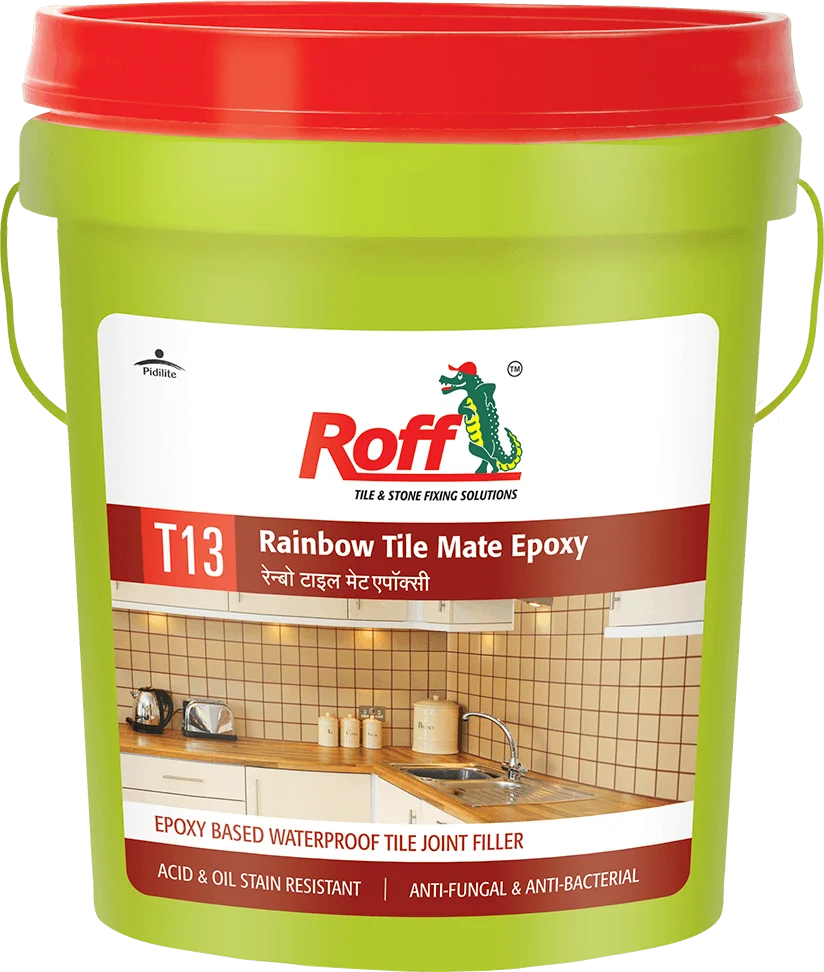
Roff, the leading tile adhesive company in India, offers diverse products under its ‘Tile Joint Fillers’ range. For instance, if you are looking for tile joint filler for commercial and residential walls and floors, you can check out the Roff Rainbow Tile Mate. It is a water-resistant, cement-based tile joint filler. Besides, there are epoxy tile joint fillers as well that you may want to check out.
In case of any doubts or queries, feel free to call us at 1800 2255 02 or write us at info@roff.in. Our team will assist you and align a site visit if required.

